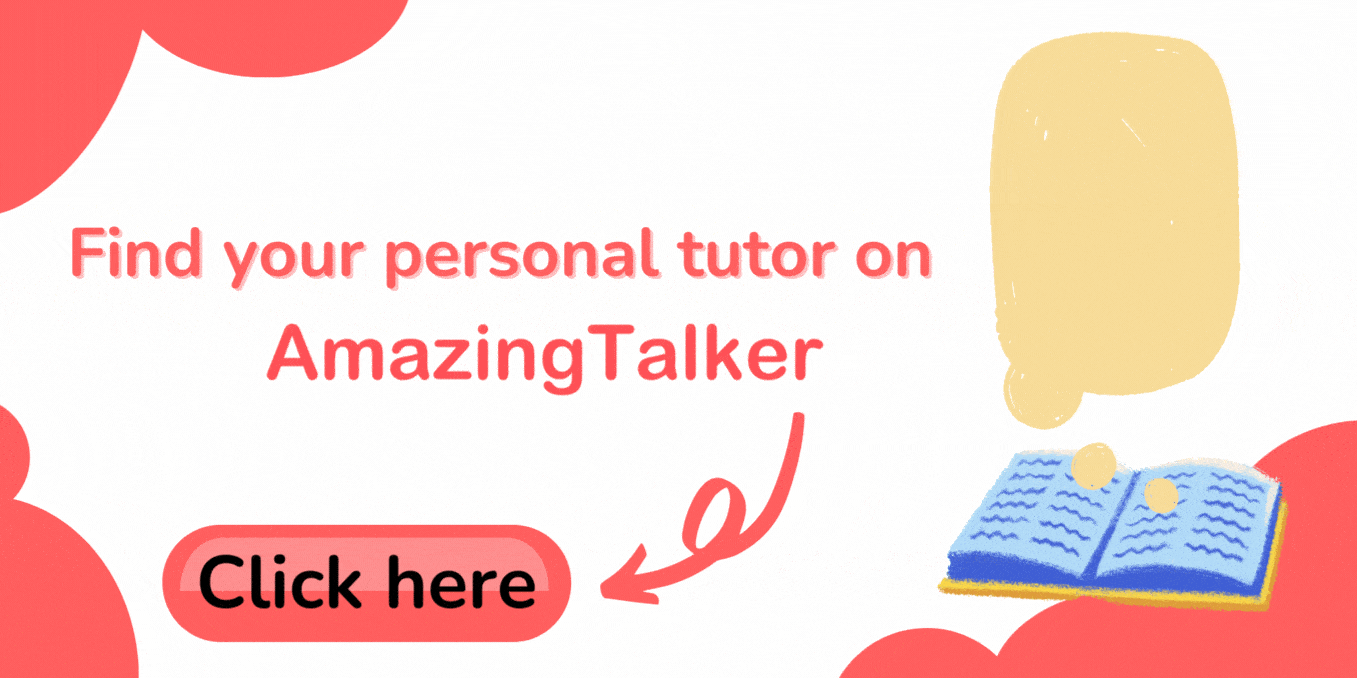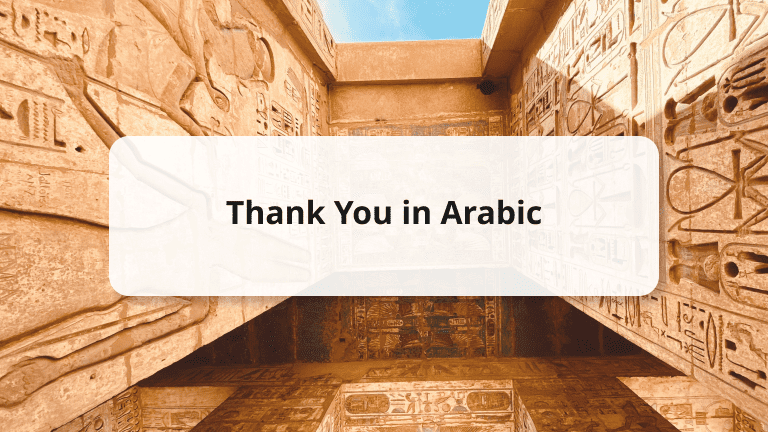How do you say Thank you in Arabic?
Learning a new language is a great way to expand your cultural horizons and improve your communication skills. If you’re planning to travel to an Arabic-speaking country or are simply interested in learning more about Arabic, one of the most difficult languages to learn or one of the most common Semitic languages, it’s important to know how to say “thank you” in Arabic. In this guide, we’ll show you how to express your gratitude in Arabic and provide you with some useful tips and phrases to help you master the language.
You might also be interested in:
8 Ways to Say Good Morning in Arabic & 6 Common Greetings
20 Ways to Say Hello in Arabic with Answers and Audio
How to Say Thank You in Arabic: Basic
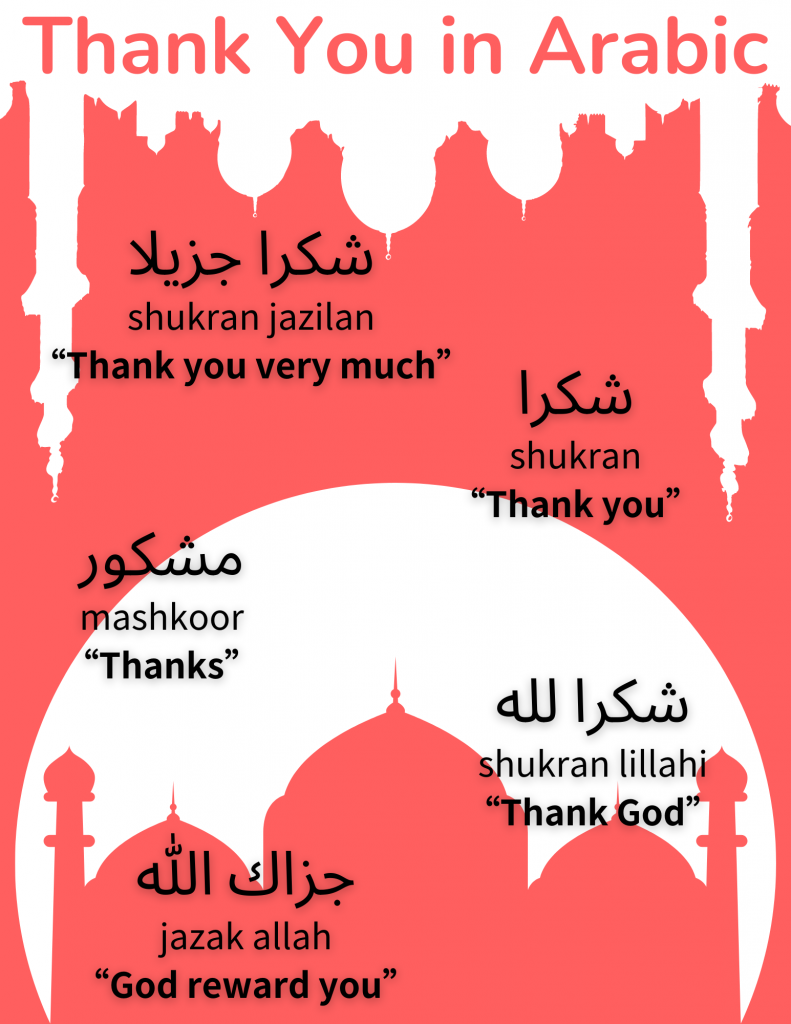
When it comes to learning a new language, mastering the basics is key. One of the most important phrases to learn is “thank you.” In Arabic, “thank you” can be expressed in several ways, depending on the context and the level of politeness you want to convey.
“Shukran” (شكرا)
“Shukran” (شكرا) is the most common way to say “thank you” in Arabic, and it is a standard, formal way of expressing gratitude. Examples of ways to use this phrase include:
“Shukran jazilan” (شكرا جزيلا) – Thank you very much
“Shukran liik” (شكرا لك) – Thank you (to one person)
“Jazak Allah” (جزاك الله)
Another way to say “thank you” in Arabic is “jazak Allah” (جزاك الله) which is used to thank someone for a favor or a service. This phrase is more religious and can be used in both formal and informal situations. Examples of ways to use this phrase include:
“Jazak Allah khayran” (جزاك الله خيرا) – Thank you very much (God reward you with goodness)
“Jazak Allah fiik” (جزاك الله فيك) – Thank you (to one person)
How to Say Thank You in Arabic: Dialects
Arabic is spoken in many countries across the Middle East and North Africa, and each region has its own dialect. While Modern Standard Arabic (MSA) is the official language used in education, media, and formal settings, most people speak a local dialect at home and in casual situations. Here are a few examples of how to say “thank you” in different Arabic dialects:
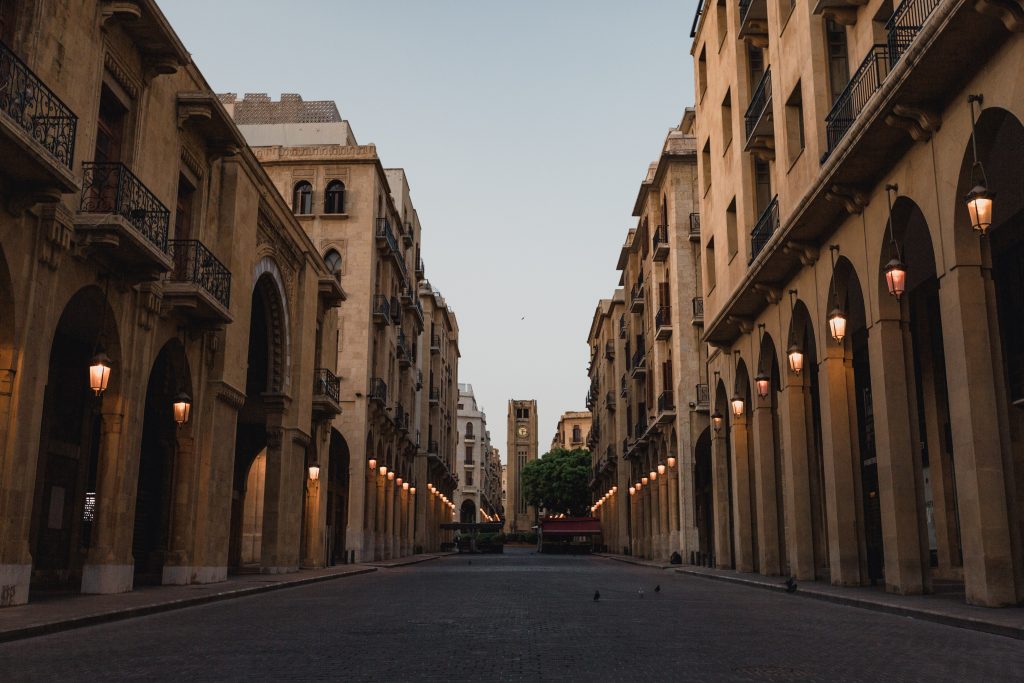
Lebanese Arabic: “mashkoor” (مشكور) or “choukran” (شكرا)
“mashkoor” (مشكور) – Thank you
“choukran” (شكرا) – Thank you
Gulf Arabic: “shukran jazi” (شكرا جازي) or “afwan” (أفوان)
“shukran jazi” (شكرا جازي) – Thank you
“afwan” (أفوان) – Thank you
Other Informal ways to say thank you
“ahlan” (أهلا) or “ahla” (أهلا) which means welcome and it’s used as a thank you.
“Ya rab” (يا رب) which means “Oh my god” it’s used as a thank you as well.
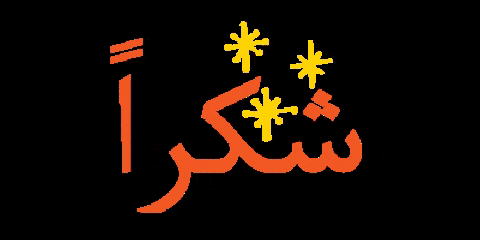
Thank you in Arabic: Modern Standard Arabic (MSA)
As we mentioned earlier, Modern Standard Arabic (MSA) is the official language of the Arabic-speaking world. It is used in education, media, and formal settings, and it is the standard form of Arabic that is taught in schools and universities. Here are a few examples of how to say “thank you” in MSA:
“shukran lillahi” (شكرا لله)
- “shukran lillahi” (شكرا لله) – Thank God
“shukran li al-mawdoou’i” (شكرا للموضوع)
- “shukran li al-mawdoou’i” (شكرا للموضوع) – Thank you for the subject
| Arabic | English | Pronunciation |
|---|---|---|
| شكرا | Thank you | shukran |
| شكرا جزيلا | Thank you very much | shukran jazilan |
| شكرا لك | Thank you (to one person) | shukran liik |
| جزاك الله | Thank you (God reward you) | jazak Allah |
| جزاك الله خيرا | Thank you very much (God reward you with goodness) | jazak Allah khayran |
| جزاك الله فيك | Thank you (to one person) | jazak Allah fiik |
| مشكور | Thank you (Lebanon) | mashkoor |
| شكرا | Thank you (Lebanon) | choukran |
| شكرا جازي | Thank you (Gulf) | shukran jazi |
| أفوان | Thank you (Gulf) | afwan |
| أهلا | Thank you | ahlan or ahla |
| يا رب | Thank you | ya rab |
| شكرا لله | Thank God | shukran lillahi |
| شكرا للموضوع | Thank you for the subject | shukran li al-mawdoou’i |
The most common way is “shukran” (شكرا) which is the standard, formal way of expressing gratitude. Another way is “jazak Allah” (جزاك الله) which is more religious and can be used in both formal and informal situations. It’s also important to note that different Arabic dialects have their own ways of expressing “thank you”, such as “mashkoor” in Lebanese Arabic. Additionally, in informal situations, “ahlan” or “ya rab” can be used as well. And in Modern Standard Arabic (MSA) “shukran lillahi” and “shukran li al-mawdoou’i” are common forms of expressing thank you. Keep practicing and you’ll be able to express your gratitude in Arabic with ease and confidence.
Muslims have a few ways of expressing gratitude in Arabic, one of them is to say “شكرا” (shukran) which is the most common and formal way to say “thank you” in Arabic.
The most common way to say “you’re welcome” in Arabic is “عفوا” (afwan) or “لا عليك” (la ‘alayk) which is a polite and formal way of responding to “thank you”. Another way to say “you’re welcome” in Arabic is “بصراحة” (b’srahaha) which means “honestly”, it’s a more casual way of responding to “thank you”.
Master the Art of Saying Thank You in Arabic
Thank You” in Arabic is a basic but very important phrase to learn. Saying “thank you” is a polite way to show appreciation and respect. With the tips and phrases provided in this guide, you’ll be able to express your gratitude in Arabic with ease and confidence.
Don’t stop here! Keep learning and improving your Arabic language skills with AmazingTalker, where you can connect with native speakers and practice your conversation skills. Sign up now! Also, discover the answers to your language-related questions on AmazingTalker’s Q&A page.
